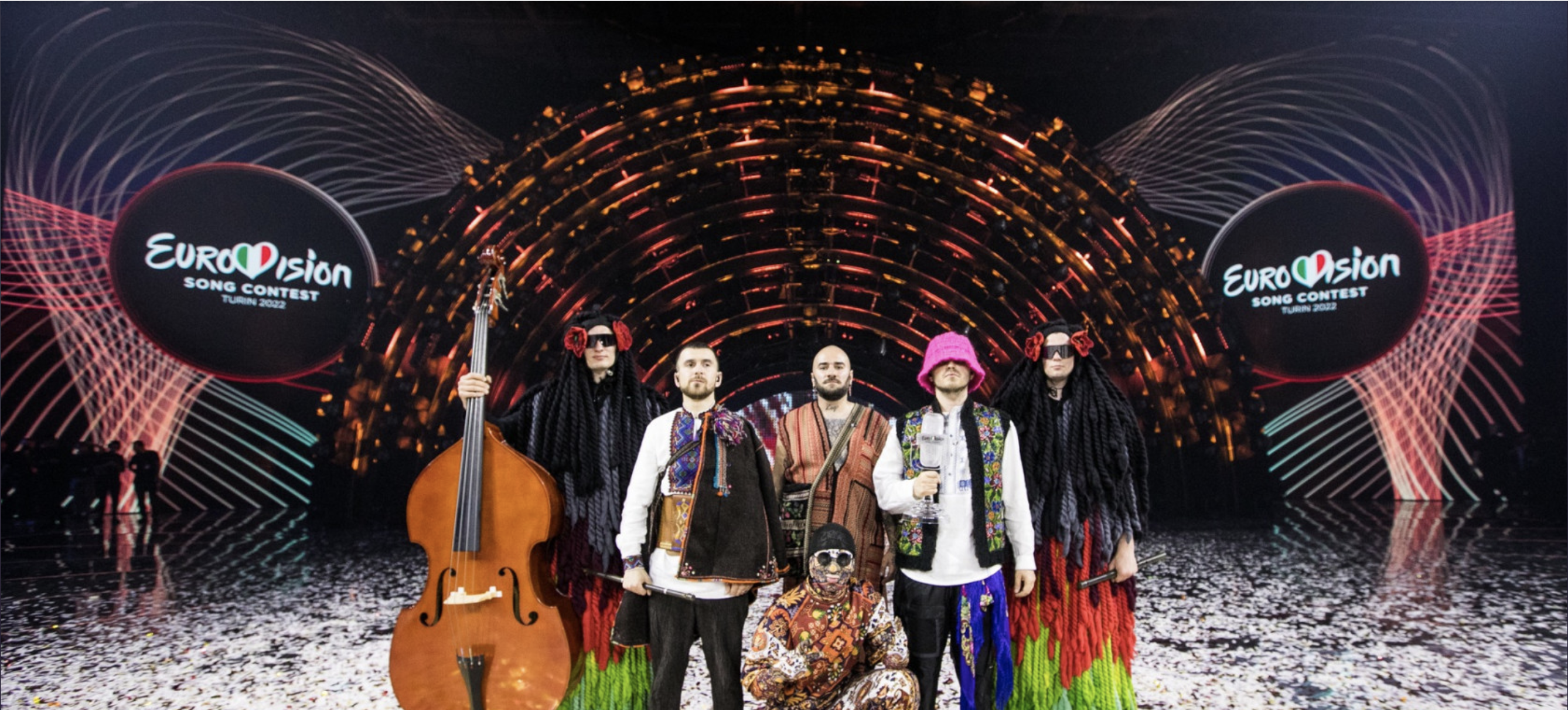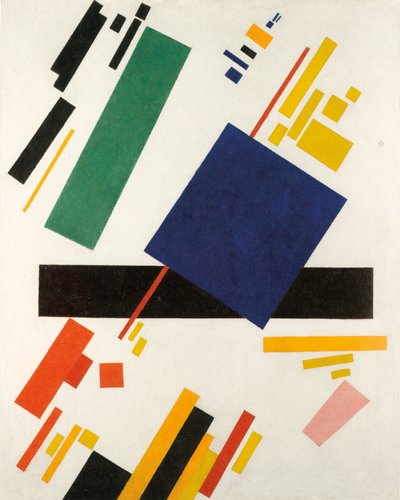PHOTO: EBU / CORINNE CUMMING
by Sophia Lashmar, Year 10
In a nutshell, the Eurovision Song Contest is just like the Europa Cup, except instead of football, it’s an eclectic mix of karaoke and stage performances from all around Europe (and Australia!). This year’s Eurovision Song Contest was held in Turin, following the Italian rock band Måneskin’s win the previous year. Back in 1956, the first Eurovision Song Contest was held, in part, to explore the possibilities of broadcasting live concerts on television. The contest has since evolved into a diverse and varied performance-based contest between European countries and is the world’s longest running annual televised music competition. Eurovision has produced several stars over the years, most notably ABBA, the Swedish winners of the 1974 contest.
While it is often mocked for being frivolous and irrelevant entertainment, Eurovision is watched by people all over the world and this year’s winners brought great morale back to their home country, Ukraine. Kalush Orchestra, the Ukrainian entry, took home the title, which Ukraine can be seen celebrating despite the ongoing conflict in their country; one of Ukraine’s Eurovision commentators was even filmed celebrating his country’s win, broadcasting from an underground bunker. Eurovision 2022 also made more of a political statement by banning Russia from competing amid the ongoing invasion and war.
One the one hand, Eurovision is a much-beloved institution, however it is also derisively mocked by many, LGB students included. So what did LGB’s students really think about Eurovision 2022?
Max, a year 13 student, thought that “everyone was really good, although [he] listened to the songs a couple more times and changed [his] mind about a few of them! [He is] proud of England”, who placed second this year, following last year’s disappointing finish with no points. The student also wanted to say “congratulations to Ukraine, [he] thought it was fantastic they were able to participate, given what is going on there right now”
However, other students thought differently, with one student who preferred to remain anonymous, declaring Ukraine’s victory a consequence of “pity-votes”.
Raphael, a Year 10 student, was not a particular fan of the contest, stating that he had “better things to do on a Saturday evening than to watch a bunch of B-list musicians with funny costumes sing mediocre songs to the whole of Europe”.
Another Year 10 student, Leo, agreed, saying that while he enjoyed Norway and Moldova’s contributions, he felt that Eurovision this year was “mostly forgettable lame pop songs that tried to sound emotional, but failed”. He then went on to explain that he believed that is “the definition of Eurovision” and that you “don’t watch it for good music, you watch it to laugh at the most terrible performances with friends”.
Ava, Year 10, thinks that 2022’s artists were not as good as 2021’s. Ava felt that “last year was interesting and more diverse, as all the songs were different and fun, whereas this year it felt like a lot of the songs were very similar”.
Pablo, yet another Year 10 student, felt that “Spain deserved to win” and thought that Lithuania was “underrated”. He describes the Italian artist MIKA’s performance at the end of the competition as “iconic”.
To conclude, although 2022’s Eurovision Song Contest may have been a mockery to some, it raised morale in a war-torn country, and it made LGB students laugh and cringe at the same time, which is quite a feat!



